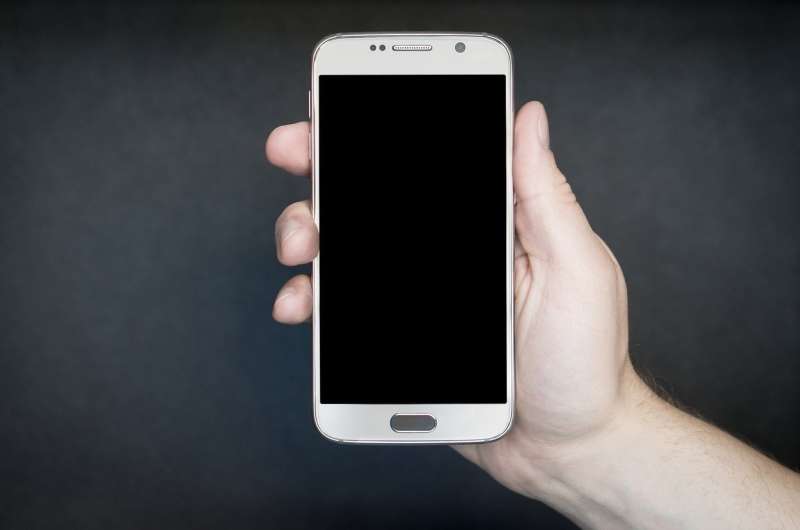Review of evidence finds excessive smartphone, social media use may be linked to youth mental health

A new article in CMAJ (Canadian Medical Association Journal) reviews evidence that suggests an association between excessive smartphone and social media use and mental distress and suicidality among adolescents. The authors say this should be among the factors considered by clinicians and researchers who work in the field of youth mental health.
The analysis, led by The Hospital for Sick Children (SickKids), focuses on smartphone use and does not consider online gaming. It contains guidance for physicians, parents and teachers on how to help teens manage smartphone and social media use for a healthy balance between sleep, academic work, social activity, interpersonal relationships and online activity.
"Physicians, teachers and families need to work together with youth to decrease possible harmful effects of smartphones and social media on their relationships, sense of self, sleep, academic performance, and emotional well-being," says lead author Dr. Elia Abi-Jaoude, Staff Psychiatrist, SickKids, and Toronto Western Hospital, University Health Network, Toronto, Ontario.
Topics discussed in the analysis include:
- What are the effects of social media on adolescents' sense of self?
- Can social media encourage self-harm?
- Does excessive smartphone use affect mental health?
- How does social media and smartphone use affect sleep required for mental health?
- Are some teens more vulnerable to mental health effects than others?
- How can physicians use this information in clinical practice?
"Given the importance of engaging youth in mitigating potential harms from social media, a prohibitionist approach would be counterproductive," write the authors.
"For adolescents today, who have not known a world without social media, digital interactions are the norm, and the potential benefits of online access to productive mental health information—including media literacy, creativity, self-expression, sense of belonging and civic engagement—as well as low barriers to resources such as crisis lines and Internet-based talking therapies cannot be discounted."
Suggestions to help teens manage smartphone and social media use include:
- Physicians—Recommend teens reduce social media use rather than eradicate it completely. Encourage parents to be part of the conversations.
- Parents—Discuss appropriate smartphone use with teenagers to determine together how to reduce risks and set boundaries. Model responsible smartphone use.
- Schools—Negotiate developmentally appropriate smartphone use in the context of a relationship built on mutual trust and respect for autonomy.
Resources, such as the American Academy of Pediatrics Family Media Use Plan, a Family Media Toolkit and information from the Center for Humane Technology provide tips on how to develop social media use plans and support youth.
A recent poll from the US indicates that 54% of teens think they spend too much time on their smartphones and about half said they were cutting back on usage.
"Encouragingly, youth are increasingly recognizing the negative impact of social media on their lives and starting to take steps to mitigate it," write the authors.
More information: Canadian Medical Association Journal (2020). www.cmaj.ca/lookup/doi/10.1503/cmaj.190434
Podcast link: soundcloud.com/cmajpodcasts/190434-ana


















